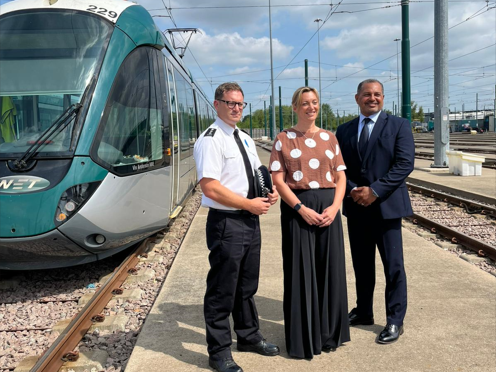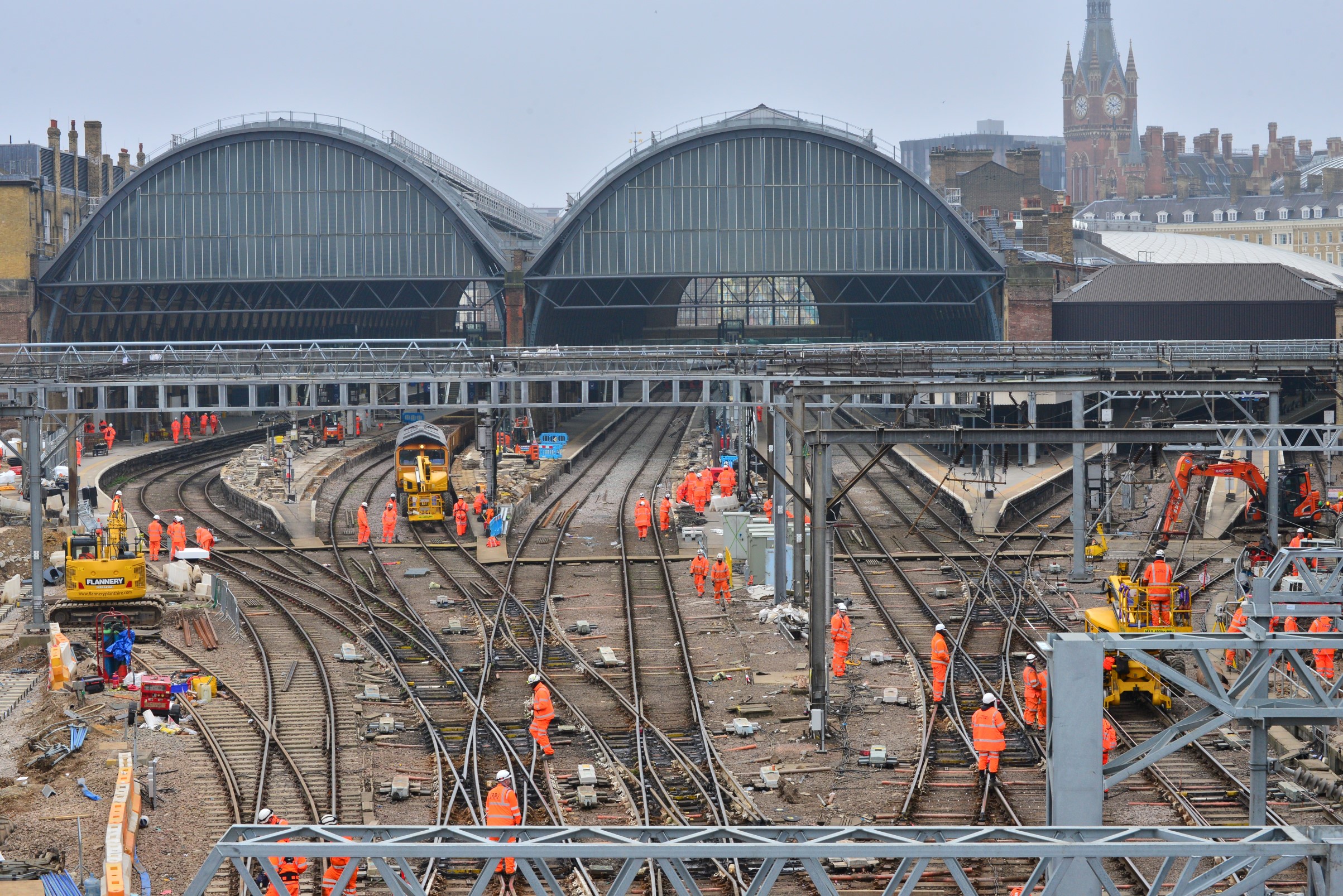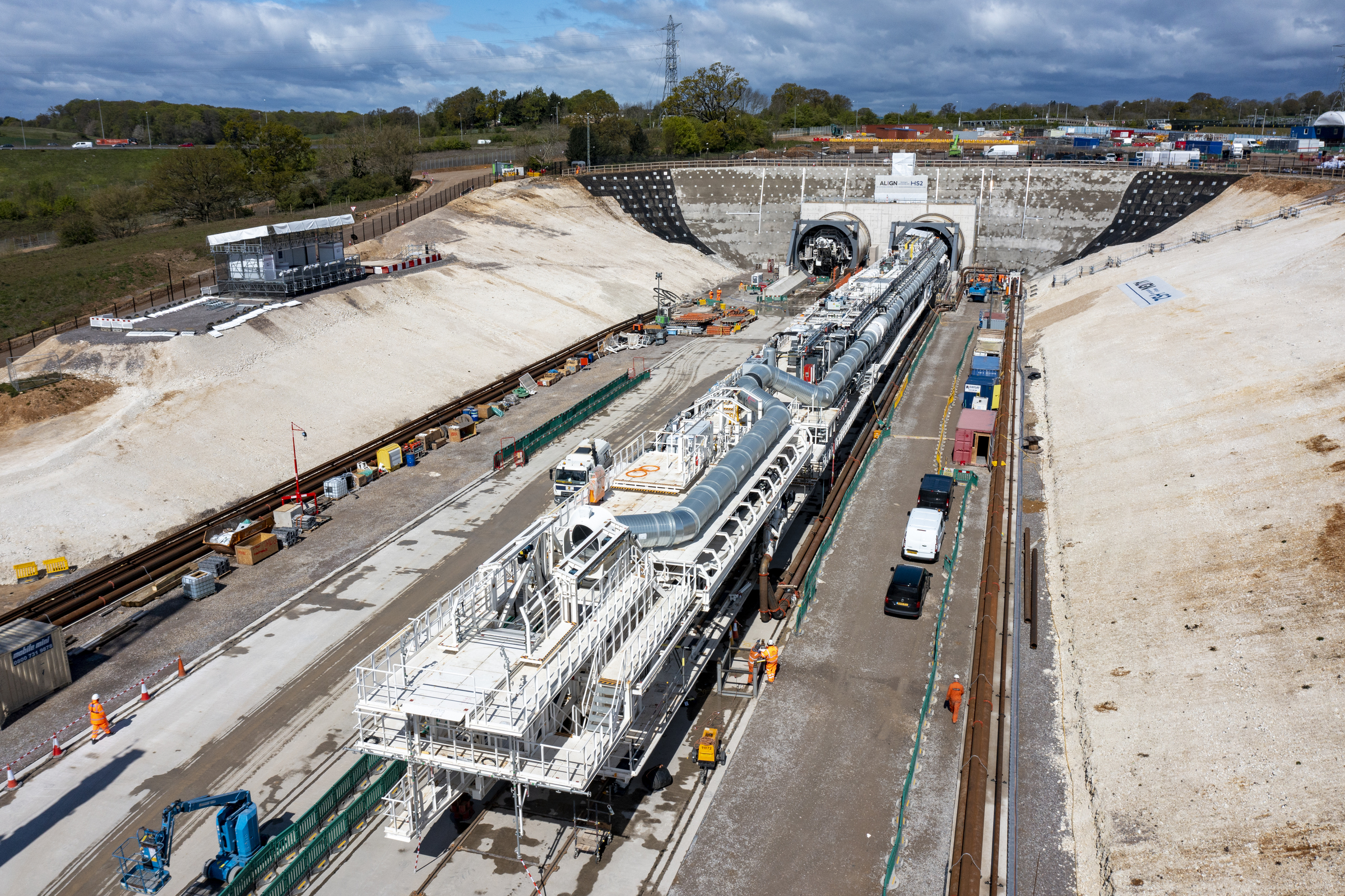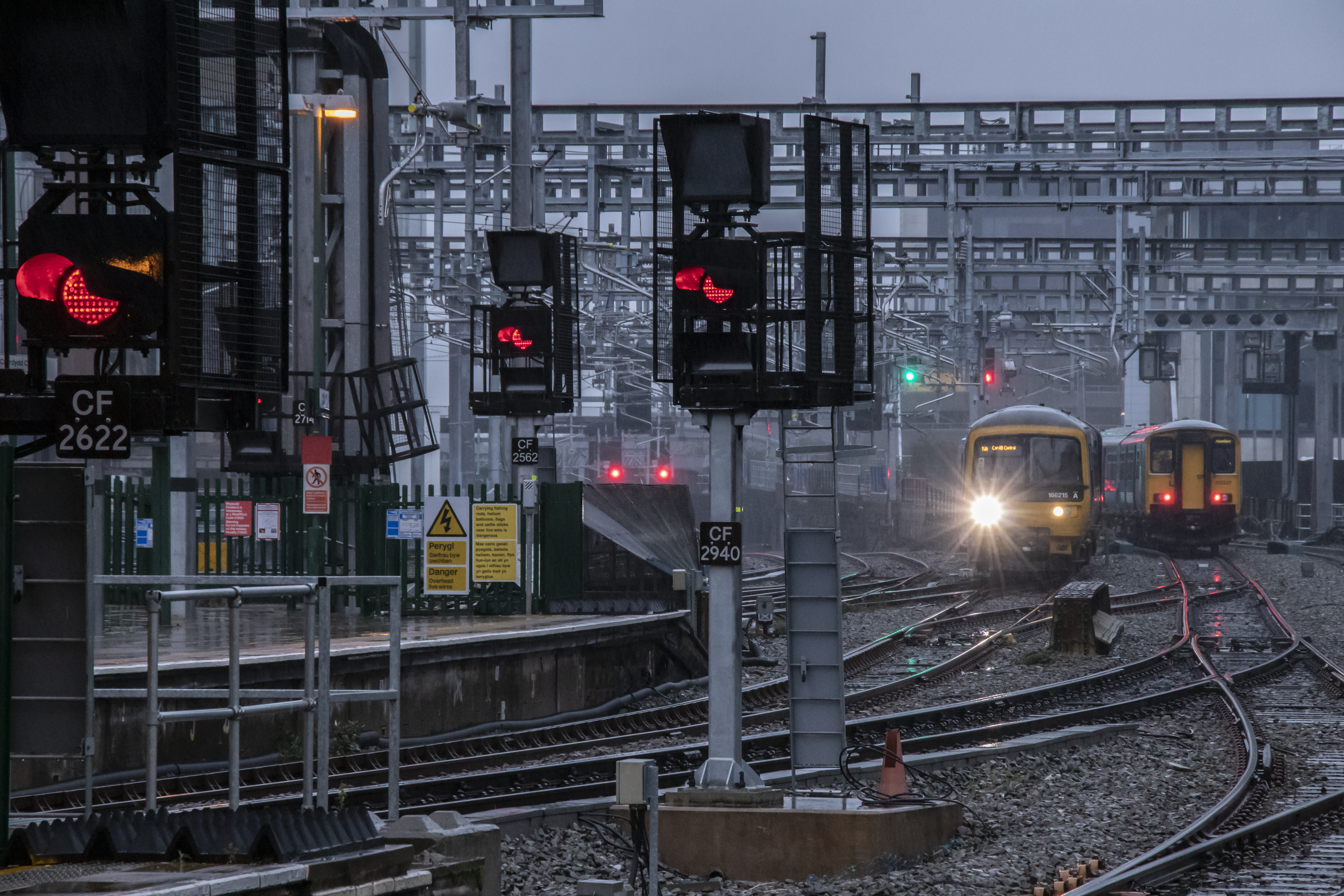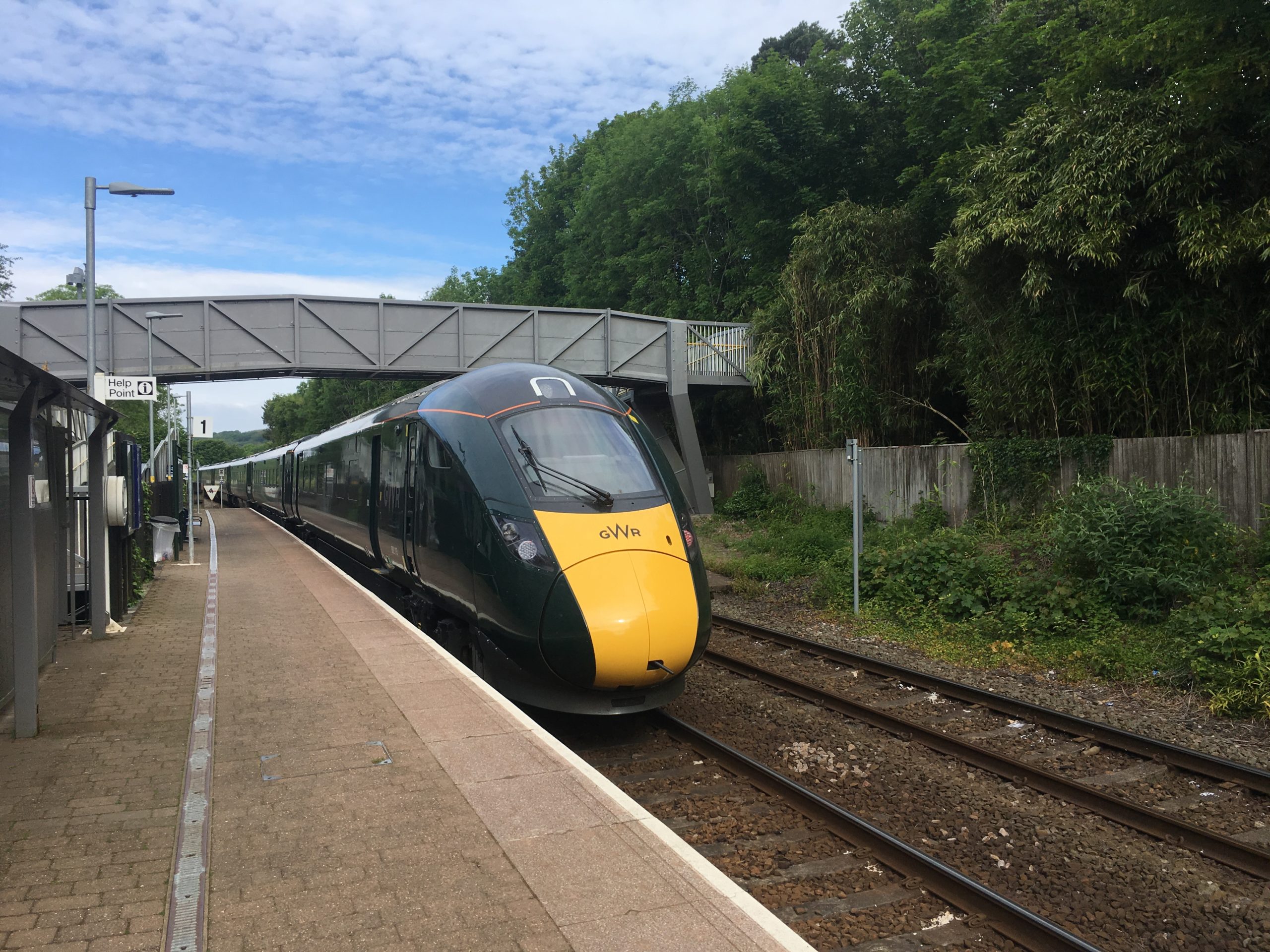The UK government has announced sweeping reforms, the Williams-Shapps Plan, to how the railways work in Britain.
Under this plan, the government will set up a new public body called Great British Railways. This purpose of this body is to bring together what is currently a fragmented system. It will own the infrastructure, be responsible for collecting fare revenues, running and planning the network, and setting the majority of fares and timetables.
Train operating companies, which up until the arrival of the coronavirus pandemic had been running services via franchise agreements, will now run services under Passenger Service Contracts, meaning that the government will pay TOCs for running services while setting and collecting fares. Such concession-based agreements already exist for Transport for London and Docklands Light Railway.
READ: Franchising Is Dead
Train operating companies will be rewarded for running punctual services. They will also be incentivised to increase passenger numbers. Operators running long-distance services will have “more commercial freedom”.
Another aspect of the reforms will be a simplification of tickets as well as the introduction of new flexible season tickets. Pay As You Go contactless, digital ticketing will also be made available on smartphones in a move to increase convenience for passengers. New season tickets will go on sale on 21 June and a new Great British Railways website will launch to sell tickets, issue compensation and refunds and provide passengers with information.
Keith Williams, Chair of the Williams Review, said:Our Plan is built around the passenger, with new contracts which prioritise excellent performance and better services, better value fares, and creating clear leadership and real accountability when things go wrong.
There will be the first ever 30-year plan for the railways, which the government says is to make sure that money spent is targeted and used efficiently to deliver upgrades. The strategic direction of the railway in Britain, including infrastructure investment and fare pricing, will come from the government. This will be welcomed by the supply chain, which has long lamented the boom and bust cycle brought about by Network Rail’s five-year Control Periods. The government also says it is keen to reinstate railway lines it closed in the 1960s.
The Rail Industry Association (RIA) said it welcomed the publication of the Williams Review and would examine the contents of the white paper in further detail. It stressed that this restructuring of the rail network “does not cause any hiatus in work being done to renew and enhance railway infrastructure or rolling stock”.
The Ten Outcomes in the White Paper:
- Modern passenger experience: passengers must receive high-quality, consistent services. More accessible, reliable, well connected journeys and new customer offers at stations and on trains.
- Retail revolution: simpler, modern ways of paying for travel and straightforward compensation. Clear prices, digital ticketing and flexibility will underpin this transformation.
- New ways of working with the private sector: Passenger Service Contracts will replace franchising. New opportunities for innovators, suppliers (including small and local partners) and funders will be created through streamlined contracts and more contestability.
- Economic recovery and financially sustainable railways: the railways are a public service, paid for by taxpayers and passengers. Bringing together responsibility for cost and revenue in Great British Railways will ensure the railways become more financially sustainable.
- Greater control for local people and places: railways will be more responsive to the needs of local communities. Empowered, locally-led teams will support improvements and be accountable to the people and places they serve.
- Cleaner, greener railways: railways will spearhead the nation’s ambition to become a world leader in clean, green transport. Decarbonisation, greater biodiversity and improvements in air quality will ensure rail is a cleaner public transport network.
- New opportunities for freight: national co-ordination offering greater flexibility and responsiveness will create new opportunities for rail freight. Modern contracts will ensure the sector continues to keep goods moving and delivering vital economic and environmental benefits.
- Increased speed of delivery and efficient enhancements: restoring lost rail links and accelerating the delivery of critical upgrades to the network will support new economic growth and connectivity across our nations and regions.
- Skilled, innovative workforce: a culture of collaboration, strengthening leadership and enhancing the skills of people working across the sector are vital to delivering a better service for passengers. High-value and fulfilling opportunities for staff will ensure they can best serve the needs of customers.
- Simpler industry structure: a ‘guiding mind’ for the system delivered by ‘Great British Railways’, which will be organised around regional railways. People, culture and incentives will focus on serving all customers, with clear accountability, better decision-making and a single financial system. A 30-year strategy will enable the sector to transform and modernise efficiently.
The former CEO of British Airways, Keith Williams, was asked to conduct a review into the structure of the country’s railways in 2018.


















